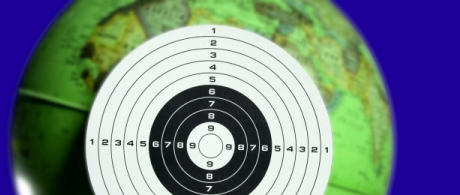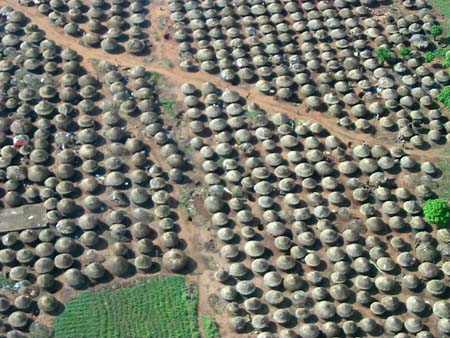Many years ago, I visited Four Corners in the American Southwest. This is a small stone monument on a polished metal platform where four states meet. You can walk around the monument in the space of a few seconds and stand in four states: Arizona, New Mexico, Colorado and Utah. People lined up to do this and have their pictures taken by excited relatives. To walk around the monument is indeed a thrill, because each of these four states has a richly developed tradition and identity that gives these borders real meaning. And yet no passports or customs police are required to go from one state to the other.

Well, of course that's true, they're only states, not countries, you might say. But the fact that my observation is a dull commonplace doesn't make it any less amazing. To be sure, it makes it more amazing. For as the late Harvard Professor Samuel P. Huntington once remarked, the genius of the American system lies less in its democracy per se than in its institutions. The federal and state system featuring 50 separate identities and bureaucracies, each with definitive land borders -- that nevertheless do not conflict with each other -- is unique in political history. And this is not to mention the thousands of counties and municipalities in America with their own sovereign jurisdictions. Many of the countries I have covered as a reporter in the troubled and war-torn developing world would be envious of such an original institutional arrangement for governing an entire continent.






